1. When fear is bigger than the virus
HIV stigma often causes more damage than the disease itself. Many people with HIV hide their illness, are afraid to go to the doctor, or even stop taking their medication because they are afraid of being shunned. But now, HIV is a chronic disease that can be well controlled, and people with HIV can live healthy, long, and productive lives like everyone else - as long as they receive regular treatment and have a positive attitude.
Overcoming social stigma and self-stigma is an important part of helping people living with HIV stay healthy every day.
2. HIV stigma and self-stigma – why do they seriously affect health?
HIV stigma can come from many sides: from the community, friends, workplace or even within the family. Careless words, reserved looks or distance can make infected people feel hurt and isolated.
Self-stigma is when people with HIV feel ashamed, have low self-esteem, think that they are worthless or unworthy of love.
Both forms of discrimination have serious consequences:
- Many people are afraid to get tested early, causing late detection of the disease.
- Some do not dare to go to medical facilities or stop taking ARV drugs, reducing the effectiveness of treatment.
- Anxiety, depression, and loneliness can negatively affect physical and mental health.

By loving yourself, complying with treatment and overcoming social stigma, everyone can live more positively, confidently and healthily every day...
Over the years, Vietnam has made great strides in the fight against HIV/AIDS. However, stigma still persists, especially among vulnerable groups such as men who have sex with men (MSM), people who inject drugs, and women living with HIV.
Some people are still reluctant to go for medical examination or treatment for fear of being exposed or judged. This reduces the effectiveness of the effort to "end the AIDS epidemic by 2030" that Vietnam is aiming for.
3. Overcoming stigma – starting with understanding and sharing
Overcoming stigma barriers requires action from patients, communities and the health system:
- Education and proper communication: Language has great power. Using non-discriminatory language in the press, on social networks, and in communication campaigns helps change social awareness. Instead of calling people "HIV infected", we can say "people living with HIV" - more respectful and humane.
- Real stories – real inspiration: Examples of people living healthy, working, raising children and contributing despite having HIV are clear proof that HIV is not the end of life. These stories help the community understand that people with HIV can live normal lives, and help newly diagnosed patients gain more confidence.
- Psychological support and peer groups: At HIV treatment facilities in Vietnam, patients receive psychological counseling and participate in peer groups where they share, support, and encourage each other. Community-based support groups (CAB) also help connect patients with health services, ensuring personal information is kept confidential.
- Policy and community - Parallel journey: In our country, there is a comprehensive health insurance policy for people with HIV, helping to pay for ARV drugs and related medical examination and treatment services. The rate of people with HIV participating in health insurance is high, ensuring continuous and sustainable treatment.
Community organizations and networks of people living with HIV also play an important role in:
- Provide advice and guidance on treatment compliance.
- Help people with HIV find jobs and integrate into society.
- Coordinate with local health for early detection and referral for treatment.
HIV does not define you. You can live, work, love and contribute just like anyone else. When society understands this – when you are supported, and most importantly, when you believe in yourself, HIV is just part of your journey. Live positively, live confidently – because you deserve to live healthy and happy like everyone else.
Please watch more videos :
Source: https://suckhoedoisong.vn/song-tich-cuc-vuot-qua-ky-thi-de-khoe-manh-hon-moi-ngay-169251022214120983.htm



![[Photo] Opening of the 14th Conference of the 13th Party Central Committee](https://vphoto.vietnam.vn/thumb/1200x675/vietnam/resource/IMAGE/2025/11/05/1762310995216_a5-bnd-5742-5255-jpg.webp)




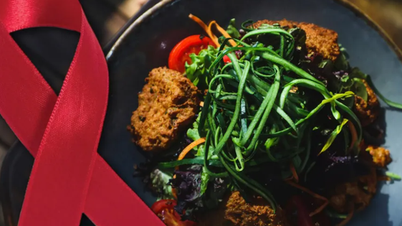

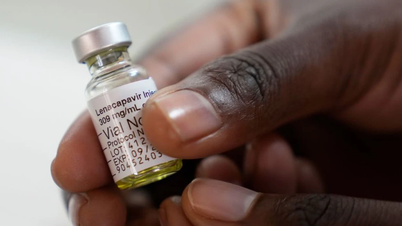





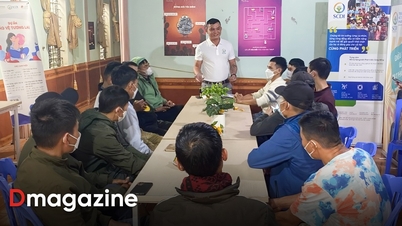






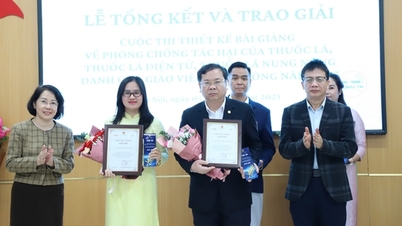


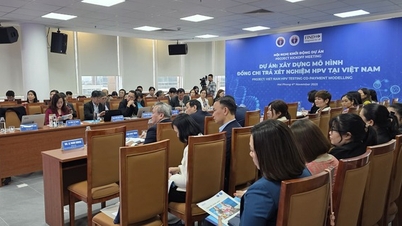




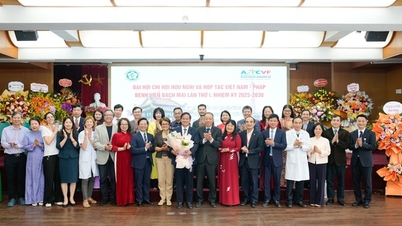

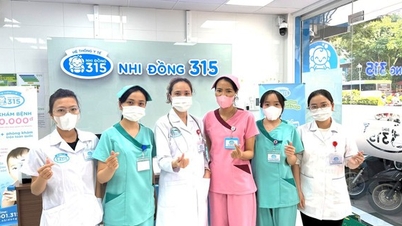
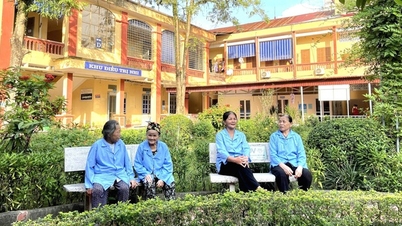

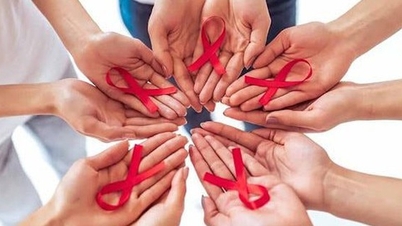
![[Photo] Panorama of the Patriotic Emulation Congress of Nhan Dan Newspaper for the period 2025-2030](https://vphoto.vietnam.vn/thumb/1200x675/vietnam/resource/IMAGE/2025/11/04/1762252775462_ndo_br_dhthiduayeuncbaond-6125-jpg.webp)


































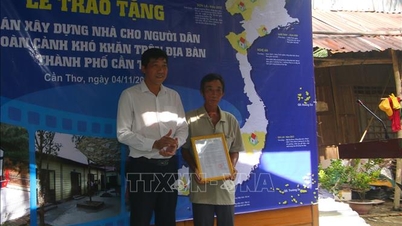

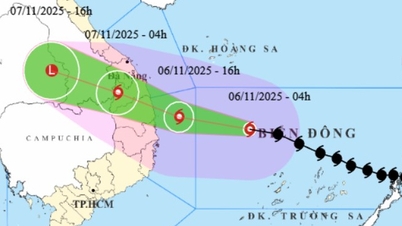

















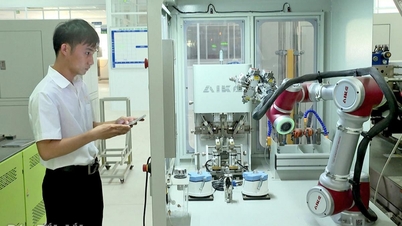
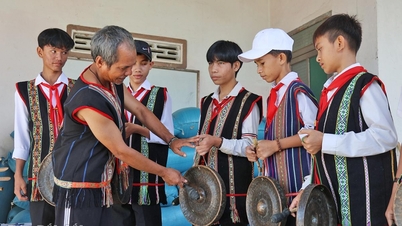










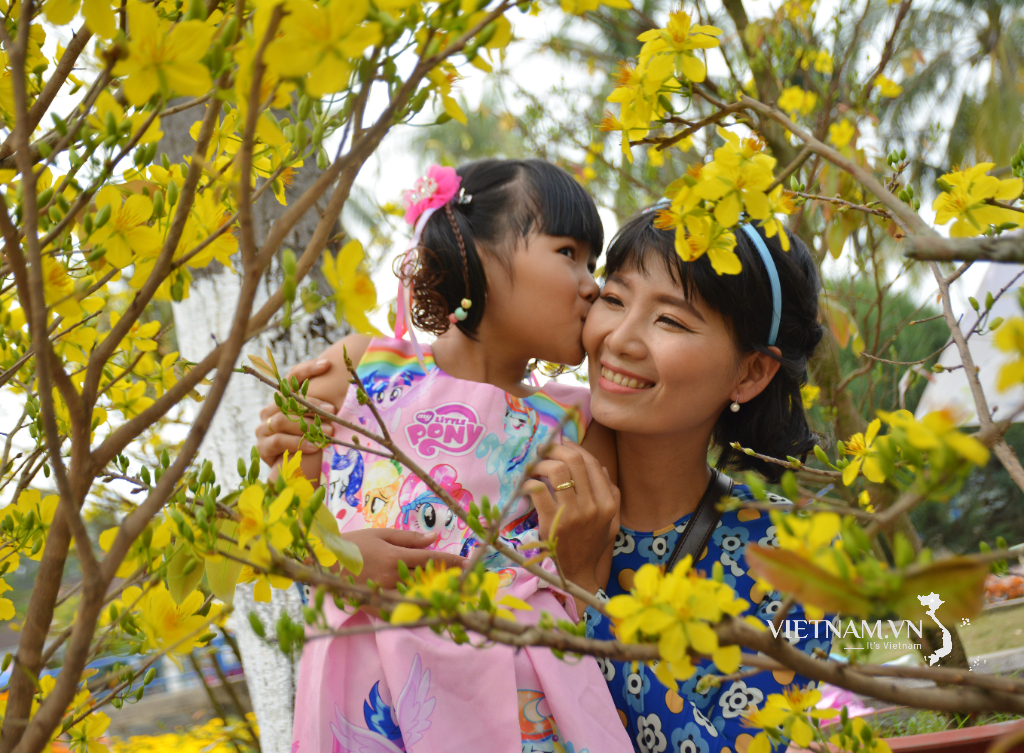



Comment (0)